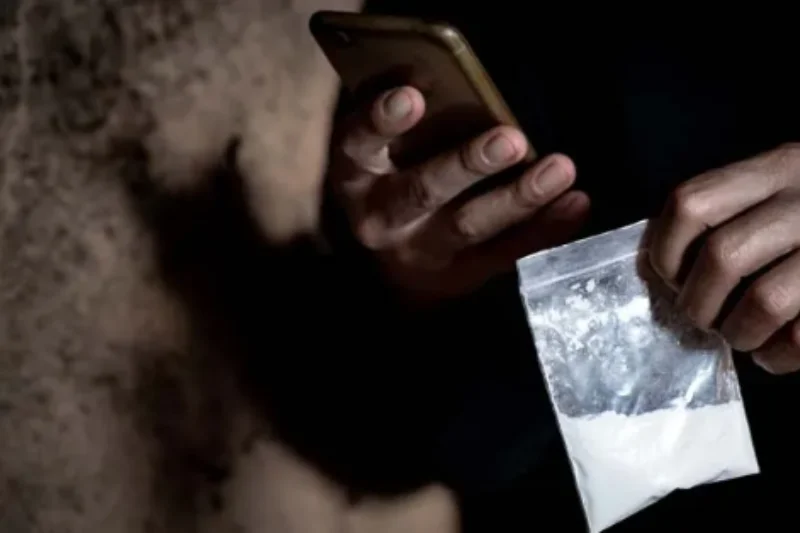Substance Abuse: The Impact of Social Media on Addiction and Recovery

Table of Contents
Introduction: Social Media’s Role in Substance Abuse and Recovery
Social media has become an essential part of our daily lives; its impact on addictive behaviours and recovery journeys is a complex and multifaceted issue. On the one hand, social media can act as a breeding ground for addiction, with its carefully curated feeds and dopamine-driven algorithms potentially triggering cravings and fostering unhealthy comparisons.
On the other hand, it can be a powerful tool for recovery, offering a supportive online community and a platform for sharing experiences and fostering a sense of belonging, as recognized by certified addiction professionals and substance abuse professionals.
The Influence of Social Media on Substance Use Behaviors

Social media can be a minefield for those in recovery, as it can unwittingly encourage substance use through triggering content, drug glamorization, and a form of online peer pressure.
Seeing carefully curated posts showcasing excessive partying, alcohol consumption, or drug use can be highly triggering, eliciting powerful desires and urges in people still battling substance use disorders. (SAMSHA’s)
These portrayals often paint an unrealistic picture, glamorizing the immediate pleasure of substance use while conveniently omitting the long-term consequences. Furthermore, the “like” culture and curated online personas can create a warped sense of social pressure, where individuals might feel pressured to conform to a certain lifestyle depicted online.
To lessen the negative influence of social media on addiction and recovery, individuals can take control of their online experience. This might involve actively curating a feed that promotes sobriety and celebrates the achievements of others on the recovery path.
Unfollowing accounts that celebrate substance abuse or portray unrealistic depictions of use is also crucial. Additionally, limiting exposure to triggering information by utilizing privacy settings and content filtering tools can further minimize the risk of relapse.
By taking these proactive steps, individuals can harness social media’s positive aspects for support while minimizing the potential for harm.
Leveraging Social Media for Recovery Support and Awareness
On the plus side, social media can be an excellent source of support and motivation for those in recovery. Online recovery groups, forums, and pages dedicated to sobriety offer a venue for sharing experiences, seeking guidance, and connecting with others on similar paths.
These internet networks can provide encouragement and a sense of belonging, which are essential for long-term healing.
Additionally, social media platforms can be used to raise awareness about addiction and recovery resources, helping to break down stigma and encourage help-seeking behaviour.
Navigating the Risks and Benefits of Social Media in Recovery

While social media can be a helpful tool, it also has significant drawbacks that require careful navigation. Exposure to triggers and harmful influences, such as glorification of substance use or unrealistic portrayals of recovery, can be a significant risk factor for relapse. To mitigate these challenges, individuals in recovery should be mindful of creating boundaries when using social media.
This might involve limiting screen time to avoid excessive scrolling and potential triggers. It is also crucial to utilize privacy settings to manage who can see their posts and curate the content they expose themselves to.
Being selective about the information they connect with, including avoiding negativity or overly aspirational content, can further support a healthy online experience. By implementing these strategies, individuals can leverage social media’s positive aspects while minimizing the potential for harm.
Conclusion: Balancing Social Media’s Influence on Recovery
The effects of social media on addiction and rehabilitation are diverse. Individuals in recovery can use social media to help their journey while minimising its negative impacts if they understand the dangers and rewards. It’s critical to strike a balance that fosters well-being and long-term healing.
Work with GMA Interventions
At GMA Interventions, we focus on holistic rehabilitation; we offer support, education, and treatment alternatives tailored to each person’s needs. Contact us to see how we can help you or a loved one overcome addiction and live a better, drug-free life.